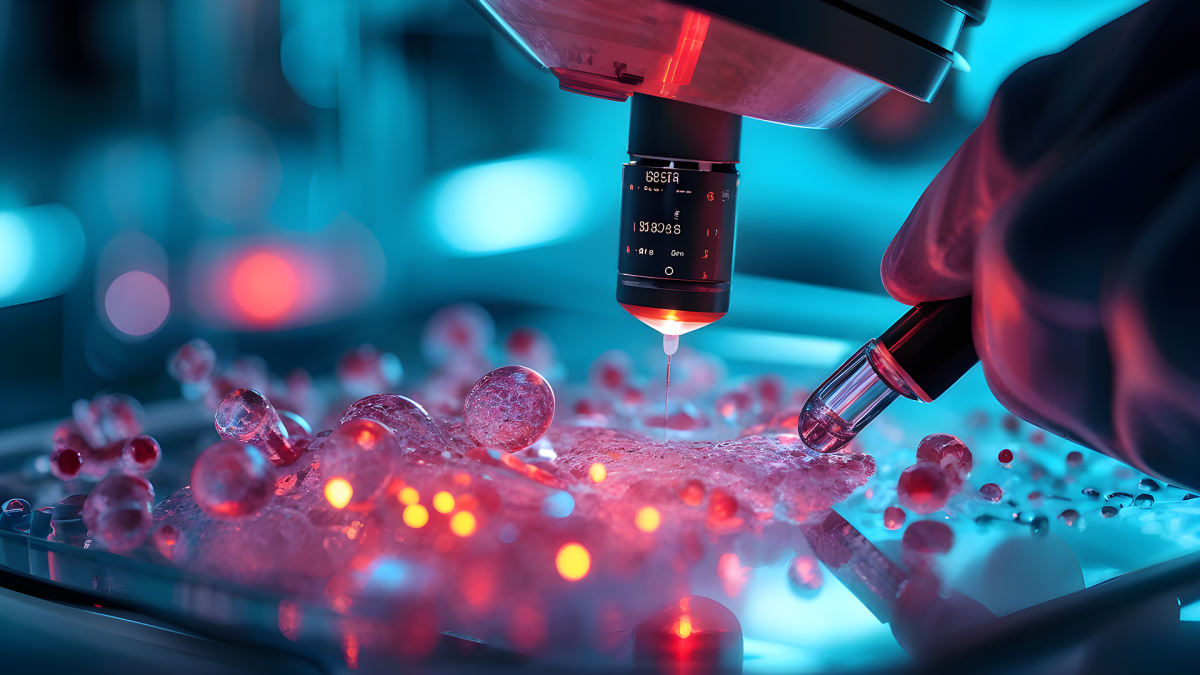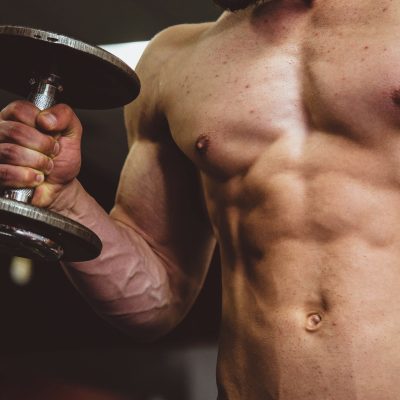
The Rise of Biohacking Practices Among Bodybuilders
In recent years, the world of bodybuilding has witnessed a revolutionary trend: the rise of biohacking. Far from being a fringe concept, biohacking has moved into the mainstream, offering bodybuilders a personalized and science-backed approach to optimizing their physical and cognitive performance. By incorporating cutting-edge methods such as nootropics, specialized diets, and advanced recovery techniques, enthusiasts are redefining the limits of what the human body can achieve.
What is Biohacking?
Biohacking refers to the practice of making incremental changes to one’s biology to achieve specific goals. This can range from optimizing brain function with nootropics to enhancing muscle recovery through advanced technology. For bodybuilders, biohacking provides tools to fine-tune their approach to training, nutrition, and overall performance.
Unlike traditional methods, which often rely on one-size-fits-all solutions, biohacking embraces individuality. Every athlete’s body is unique, and biohacking allows bodybuilders to experiment with different techniques to find what works best for their goals.
Key Biohacking Practices in Bodybuilding
1. Nootropics for Mental Focus
Nootropics, or “smart drugs,” are supplements or substances that enhance cognitive functions like memory, focus, and motivation. For bodybuilders, maintaining sharp focus during grueling training sessions is crucial. Popular nootropics such as caffeine, L-theanine, and adaptogens like Rhodiola Rosea are often used to boost mental clarity and endurance.
Some advanced biohackers even delve into custom formulations that combine multiple nootropics for synergistic effects, helping them stay in the zone during workouts and remain motivated throughout their fitness journey.
2. Specialized Diets
Diet has always been a cornerstone of bodybuilding, but biohacking takes it to the next level. Personalized nutrition plans, based on genetic testing and metabolic profiling, allow bodybuilders to optimize their macronutrient and micronutrient intake.
For example:
- Ketogenic diets are used to improve fat metabolism and energy efficiency.
- Intermittent fasting is adopted to promote autophagy and fat loss.
- Carb cycling helps in maintaining energy levels while reducing fat gain during bulking phases.
Incorporating tools like continuous glucose monitors (CGMs) enables biohackers to track their body’s response to different foods in real time, ensuring they fuel their workouts and recovery more effectively.
3. Advanced Recovery Techniques
Recovery is where the magic happens in bodybuilding, and biohackers are investing heavily in advanced recovery methods to maximize gains and prevent injuries. Some of the most popular techniques include:
- Cryotherapy: Using extreme cold to reduce inflammation and speed up muscle recovery.
- Infrared Saunas: Enhancing blood circulation and detoxification through heat exposure.
- Pulsed Electromagnetic Field (PEMF) Therapy: Stimulating cellular repair and reducing soreness.
Many bodybuilders are also turning to wearable technology, such as WHOOP bands or Oura rings, to track sleep quality and recovery metrics, ensuring their bodies are ready for the next workout.
The Future of Biohacking in Bodybuilding
The integration of biohacking into bodybuilding is just beginning. With advancements in wearable tech, genetic testing, and AI-driven fitness analytics, the potential for optimization is virtually limitless. Future trends may include:
- Microbiome optimization for better gut health and nutrient absorption.
- Epigenetic interventions to enhance muscle-building genes.
- AI-driven personalized training programs that adapt in real time to performance data.
As more bodybuilders adopt biohacking practices, the line between science fiction and reality continues to blur, creating an era where athletes can push beyond their natural limits safely and effectively.
Conclusion
The rise of biohacking among bodybuilders is more than a trend – it’s a paradigm shift. By leveraging the latest advancements in science and technology, athletes are unlocking new levels of performance and achieving their fitness goals faster than ever before. Whether you’re a seasoned competitor or just starting your fitness journey, exploring biohacking practices could be the key to reaching your full potential.
The question isn’t if biohacking will become a staple in bodybuilding but how far it will take us. Are you ready to hack your way to greatness?











